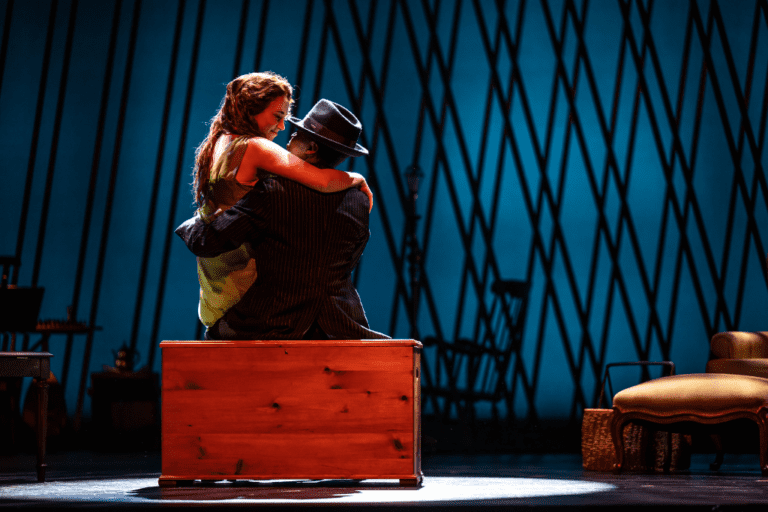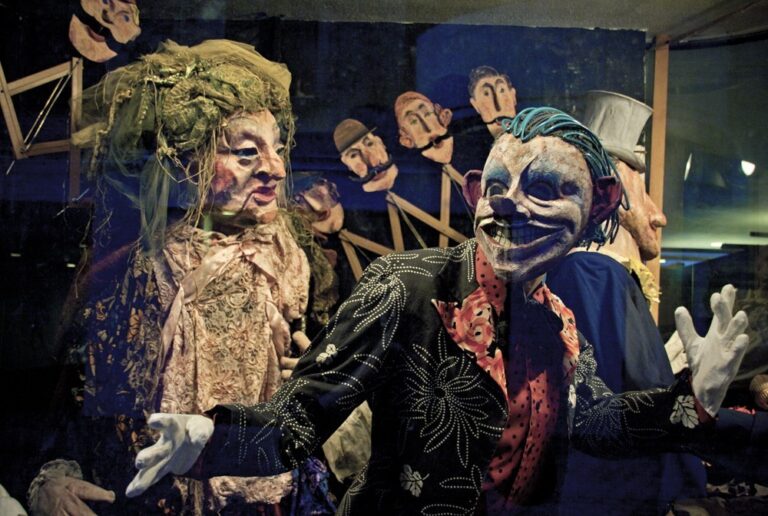Barbara Fingerote: Super Audience
Backstage, ready to go on. Hook the curtain with my little finger, slowly, slowly pulling it back to catch a surreptitious glimpse of the audience tonight.
Sitting as they are in the dark, a distant presence; an amorphous blob, a mass of undifferentiated humanity. You either give them too much power (“They’ll hate me, I suck”) or none at all (“Who cares what they think, I’m an artist, they suck”). They’re hard to see.
Then: “Barbara’s here.”
Front row centre. If it’s the first preview, she’s there. And then she’s there again later in the run. And then again after that… She is pure audience. The Platonic Ideal of audience. She is our omniscient outsider. Our god’s eye view. Her mind is an evolving snapshot of the Toronto theatre scene at any given moment. When she sees a show, she is seeing it in the context of every other show that’s currently playing. She is disinterested in the sense that she doesn’t make her living in the theatre. She’s interested in the sense that she actually likes the theatre.
She sees everything. It makes me a little bit nervous.
Theatre is a strange sort of art form. It disappears as it is happening. And then on the last night it disappears forever. Ultimately it exists, if it exists at all, in the minds of the people who were involved in making it, and the people who saw it, and, beyond that, as a kind of unreality in the form of a fading rumour. There are relics (press clippings, posters and postcards, publicity shots) that can attest to the fact that the actors, designers, directors, and writers were there, if anyone decides to look.
But what about the audience?
I’m not sure why I made this video. Is this a record of Barbara? Is it for Barbara, or about her? Is it a glimpse, a primer, a tribute, a facet, a souvenir?
Whatever it is: here’s Barbara Fingerote: Super Audience. Enjoy!









Comments